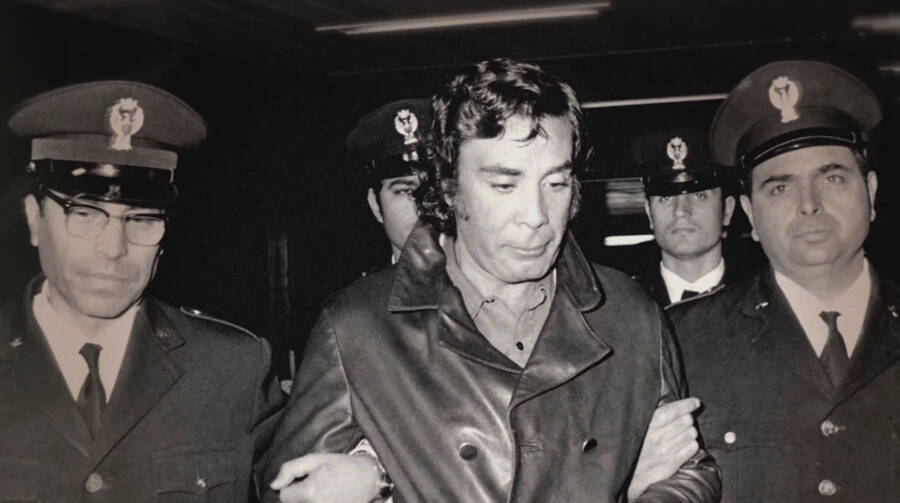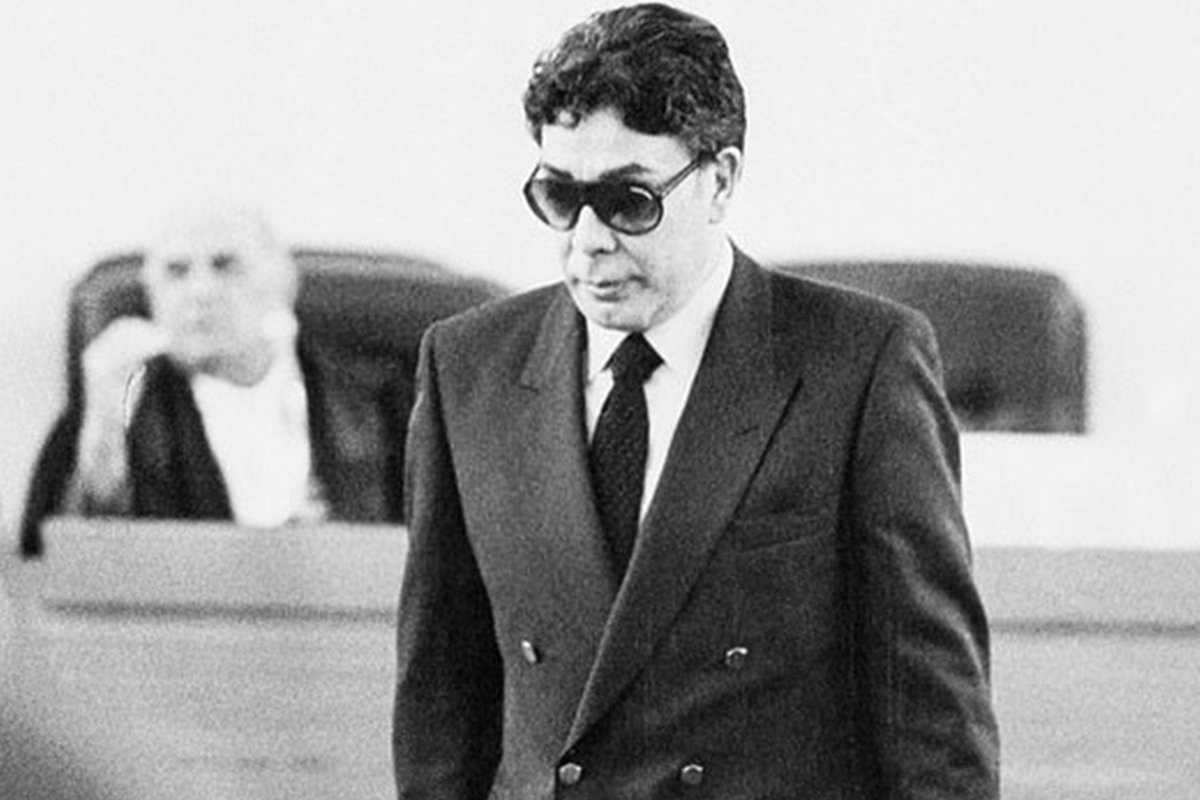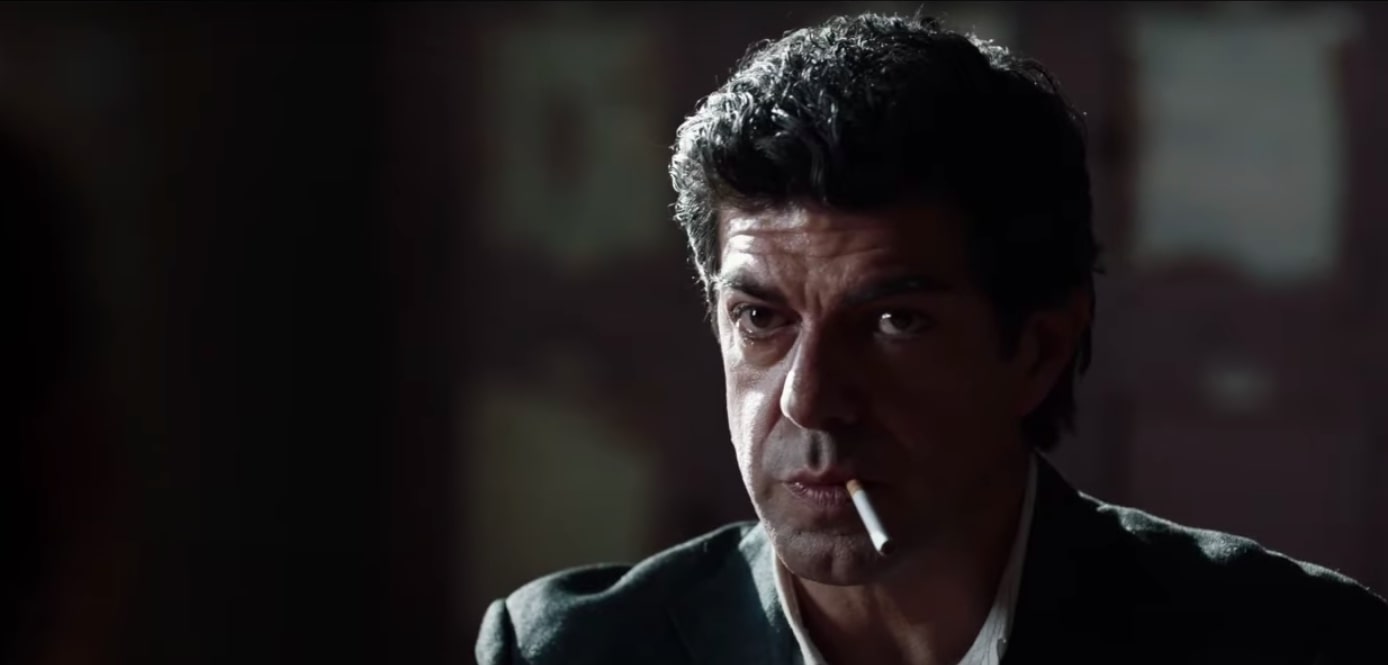‘The Traitor,’ directed by Marco Bellocchio, bagged its fair share of movie awards. In addition, it was picked by Italy’s National Cinema Association as its top pick for Best International Feature Film at the 92nd Academy Awards. Starring Pierfrancesco Favino, the film revolves around Italian mafia and its various criminal undertakings. The film focuses on how a Sicilian mafia mobster brings down Cosa Nostra by being a police informant. The film is thus rigged with suspense and tension every step of the way, making it a focused watch.
Is The Traitor Based on a True Story?
Yes, ‘The Traitor’ is based on the true story of Tommaso Buscetta. Buscetta was a mobster who gave classified information that was vital in the conviction of around 400 mafia members. Buscetta rose to high ranks as a Cosa Nostra member; however, he was later disillusioned at the kind of toll it was taking on his personal life and family members. Thus, he became an informant and came out as one of the first members who broke the mafia secrecy code, to tell the police the hierarchical placings within the group and how the syndicate operates.
Tommaso Buscetta
Buscetta was born in a poor family and took to crime at an early age. He then became involved with the Sicilian Mafia in various capacities. As a full-fledged member of the Porta Nuova Mandamento, he mostly smuggled cigarettes. In 1944, he moved to Argentina to start a business but eventually returned to Palermo and joined hands with a powerful Italian Mafia boss named Salvatore Greco, and others to continue smuggling cigarettes and drugs.

In 1959, he was arrested for smuggling drugs and cigarettes. However, this would only be the first of his involvement with the police. In 1963, The First Mafia War broke out, as a result of internal conflicts between Mafia gangs and members. During this time, Buscetta became a wanted criminal by the police. He then fled to various countries one after the other in an attempt to evade the police. Though not present, he was still convicted of two murders in absentia.
He was tracked down and arrested in New York but was released after a couple of months in 1970. As the Italian police started looking for Buscetta, he underwent plastic surgery, along with a vocal chord surgery to further expand his drug trafficking business. This soon turned out to be futile as he was arrested in Brazil and extradited back to Italy.
Life as an Informant
After his arrest, he was sentenced to ten years in prison but got out after serving eight years. He returned to Brazil to evade the Second Mafia War that had already begun. Buscetta married three times and had eight children. His two sons went missing, followed by the death of his brother and son-in-law. Apparently, four of his nephews were also killed. Following an arrest around the same time, a grieving Buscetta tried to commit suicide in prison. Since he did not succeed, he began working as an informant, exclusively under judge Giovanni Falcone.

He spent more than a month mapping out how the syndicate works, along with the hierarchical order and initiation rituals of Cosa Nostra. This was really new information that nobody outside the gangs had access to because of the strict code of silence. In 1984, he was sent to the US and was placed under witness protection. He then testified in a series of trials (Maxi Trial) against high profile mafia bosses and gang members. It was a significant move in Italy’s fight against organized crime. Post the bombing that killed judge Falcone, Buscetta also opened up about the political affiliations of the Cosa Nostra, which again proved to be useful.
After Death
Buscetta passed away at the age of 71 due to cancer in 2000. He was living with his third wife at the time in Florida. Since his name had been changed to protect his real identity, he was also placed to rest under the false name.
One of his former wives, Christina De Almeida Guimarães and son, Roberto, made their first appearance in a documentary film named ‘Our Godfather’ in 2019. After having lived in the secrecy of false identities, the family opens up about how 11 of their family members were killed because of the apparent betrayal on Buscetta’s side. Buscetta has also been represented in other cultural texts and continues to be remembered as someone who collapsed the information bridge between the mafia and common citizens.
Read More: Is Capone Based on a True Story?


You must be logged in to post a comment.